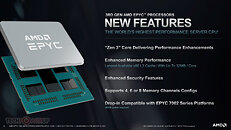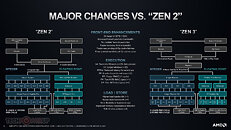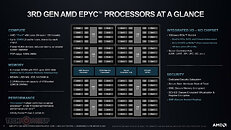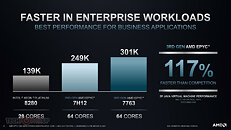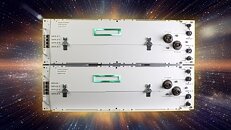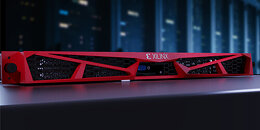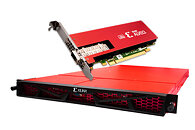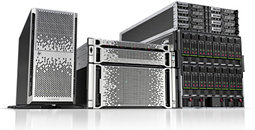
HPE Introduces Next-Generation ProLiant Servers
Hewlett Packard Enterprise today announced eight new HPE ProLiant Compute Gen12 servers, the latest additions to a new generation of enterprise servers that introduce industry-first security capabilities, optimize performance for complex workloads and boost productivity with management features enhanced by artificial intelligence (AI). The new servers will feature upcoming Intel Xeon 6 processors for data center and edge environments.
"Our customers are tackling workloads that are overwhelmingly data-intensive and growing ever-more demanding," said Krista Satterthwaite, senior vice president and general manager, Compute at HPE. "The new HPE ProLiant Compute Gen12 servers give organizations - spanning public sector, enterprise and vertical industries like finance, healthcare and more - the horsepower and management insights they need to thrive while balancing their sustainability goals and managing costs. This is a modern enterprise platform engineered for the hybrid world, designed with innovative security and control capabilities to help companies prevail over the evolving threat landscape and performance challenges that their legacy hardware cannot address."
"Our customers are tackling workloads that are overwhelmingly data-intensive and growing ever-more demanding," said Krista Satterthwaite, senior vice president and general manager, Compute at HPE. "The new HPE ProLiant Compute Gen12 servers give organizations - spanning public sector, enterprise and vertical industries like finance, healthcare and more - the horsepower and management insights they need to thrive while balancing their sustainability goals and managing costs. This is a modern enterprise platform engineered for the hybrid world, designed with innovative security and control capabilities to help companies prevail over the evolving threat landscape and performance challenges that their legacy hardware cannot address."














